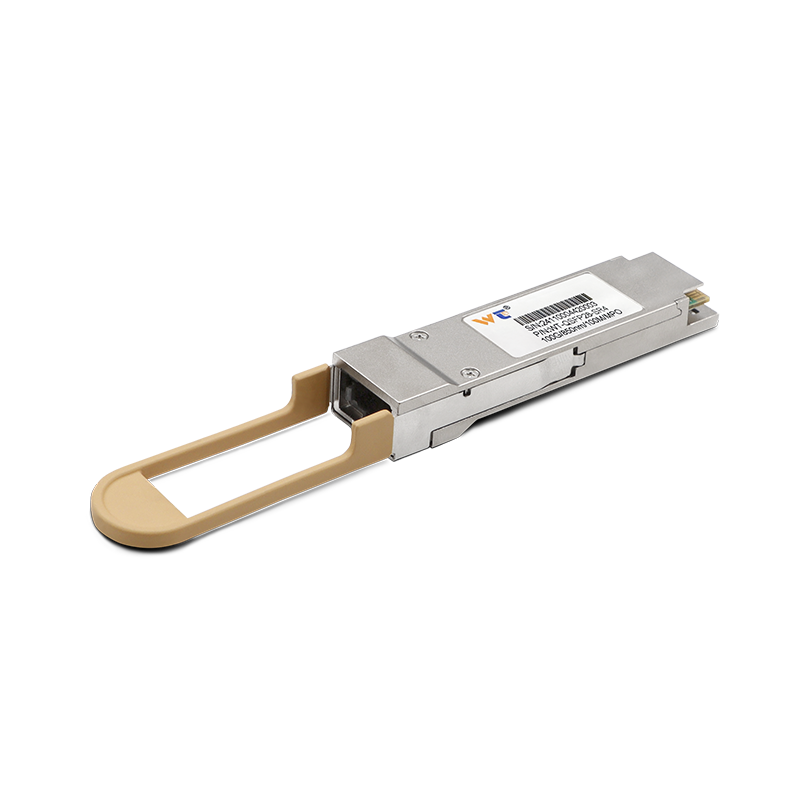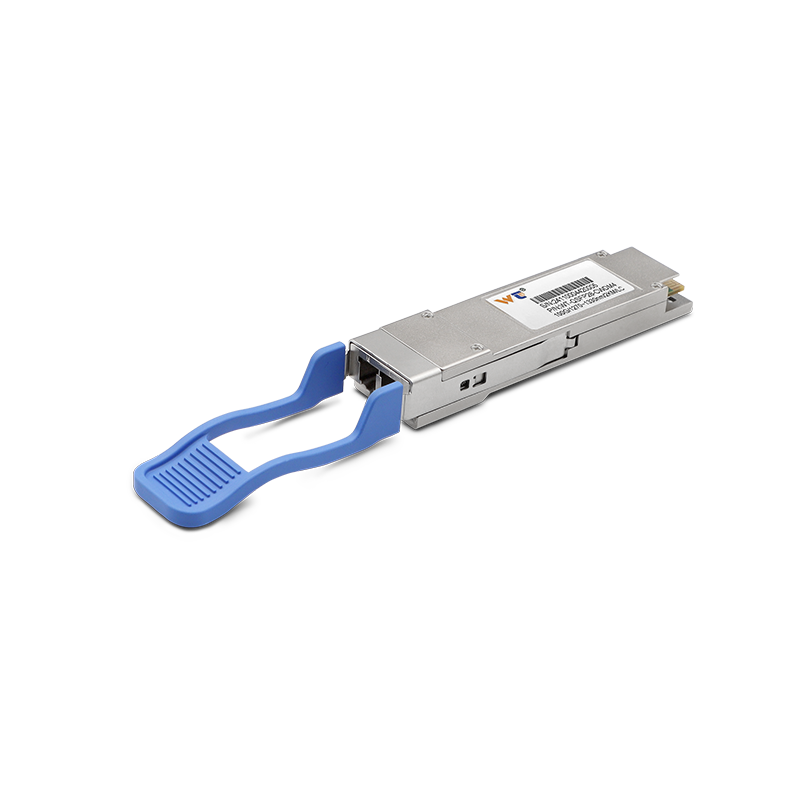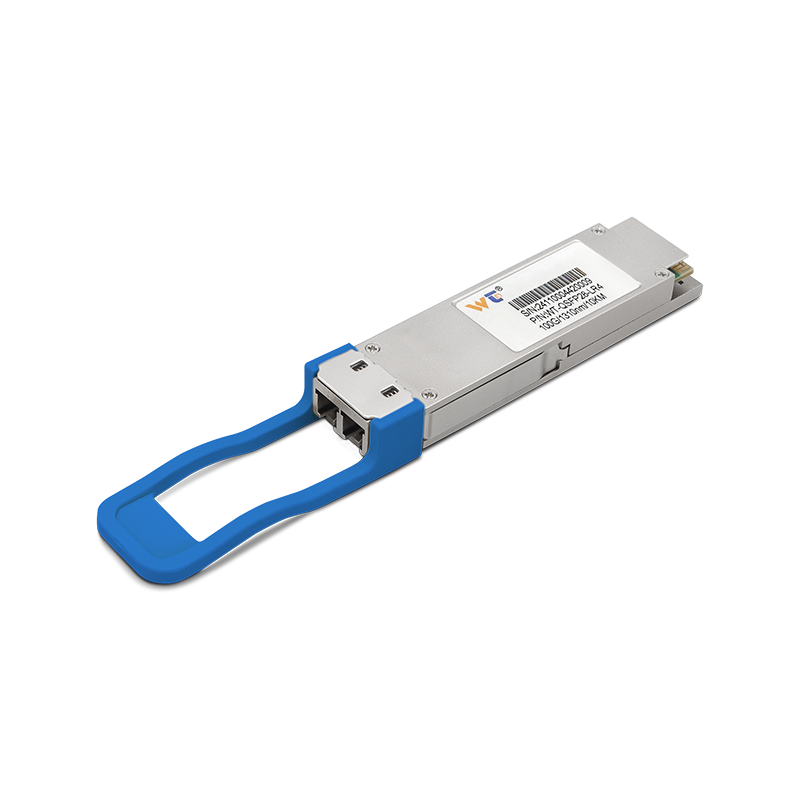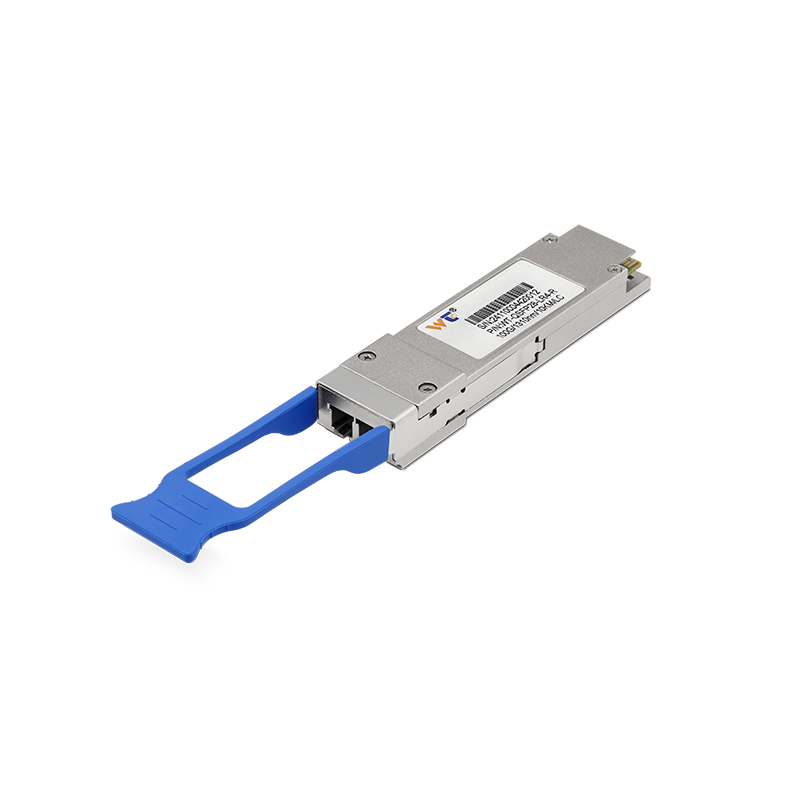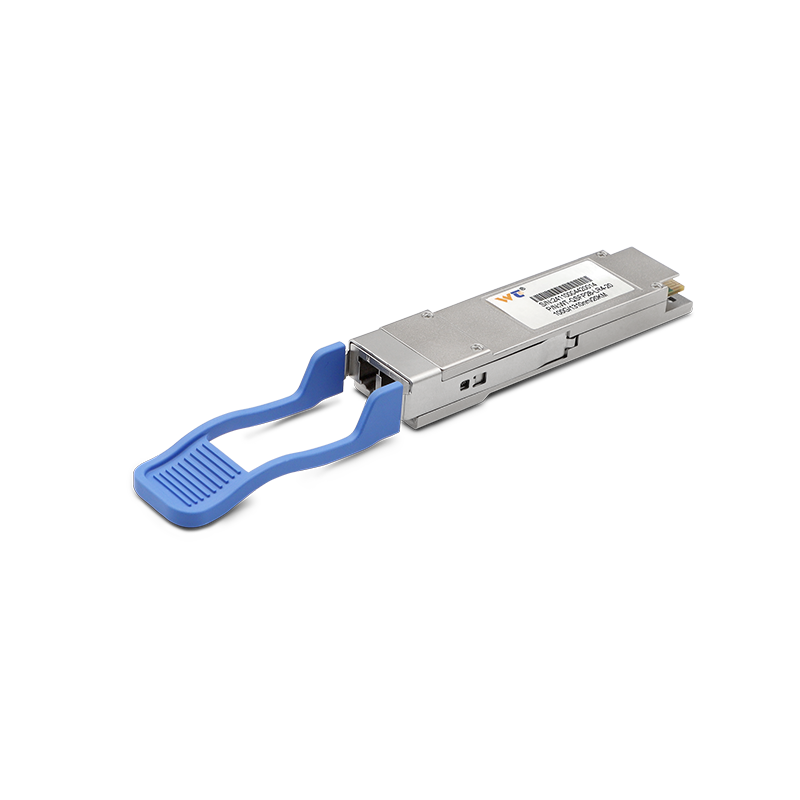The optical module industry is undergoing significant transformation due to the increasing demand for high-speed data transmission and reliable communication solutions. By 2025, we can expect a world where 100G optical modules are ubiquitous across various sectors, especially in areas like rail transit. Here, they will enhance interoperability among multiple devices, enabling seamless communication that is vital for safety and efficiency in transportation systems.
As we delve into the optical module landscape, it's essential to note the dramatic growth in market demand. The shift towards high-capacity networks is driven by the surge in data traffic, predicted to increase exponentially, leading manufacturers to innovate rapidly. Our optical modules range widely in performance, offering speeds from 155 Mbps to an impressive 1.6 Tbps (1.6T). This includes Gigabit optical modules (like 1G and 10G), high-speed options (25G, 40G, 100G), and ultra-fast modules (400G, 800G, and 1.6T). Each category serves unique applications while contributing to the overall growth of the industry.
| Technology Type | Key Features | Applications |
|---|---|---|
| 1G Module | Cost-effective, Basic speed | Legacy systems, Ethernet |
| 10G Module | Improved bandwidth | Data Centers, Local Area Networks |
| 25G Module | High-speed connections | Cloud Computing, Storage Systems |
| 40G Module | Dual wavelength | Enterprise Networks, Video Transmission |
| 100G Module | Dense wave division multiplexing | Large Data Transfers, High-Traffic Websites |
| 400G Module | Leading-edge technology | Next-gen Internet Infrastructure |
| 800G Module | Highest capacity available | Future-proof networks |
| 1.6T Module | Cutting-edge performance | Ultra-high bandwidth applications |
Our dedication to research has yielded innovative applications for our optical modules, particularly within rail transit systems. The deployment of 100G optical modules allows for high-capacity data transfer, facilitating real-time monitoring and control over various systems, such as signaling and safety. These modules' robustness ensures that they withstand harsh environmental conditions, essential for the rail industry. By utilizing advanced error correction methodologies, our modules enhance overall network reliability, leading to increased safety and operational efficiency.
Further, the integration of 100G optics in rail systems is not just about speed; it’s about establishing a cohesive network that interlinks multiple devices effectively. With heterogeneous environments often present in transit networks, our modules support various protocols, ensuring smooth interoperability. This is crucial as rail systems increasingly incorporate IoT technologies for adaptive management of passengers, scheduling, and even maintenance.
Looking ahead to 2025, we foresee an increased focus on creating telecommunications frameworks that geospatially integrate optical technologies. Smart cities will benefit from sophisticated rail systems where 100G modules enable real-time communication between trains, stations, and control centers. Simultaneously, fiber-optic networks can be expanded rapidly to accommodate growing passenger and freight demands, illustrating a fundamental shift in how public transport operates.
In anticipation of 2025, our optical modules stand out for their high reliability and quality assurance. Each product undergoes rigorous testing to ensure optimal performance across various applications. Whether facilitating high-speed data transmission or ensuring seamless long-distance communication, our optical modules are designed to meet the evolving demands of the industry.
In conclusion, as the optical module industry progresses towards 2025, the emphasis on speed and interoperability will drive transformative changes in rail transit systems and beyond. Our commitment to high-quality optical modules symbolizes a leap toward a future where communication barriers fade, yielding safer, faster, and more efficient transportation networks. By investing in advanced optical technologies today, we are not only catering to current demands but also setting the stage for future innovations.

